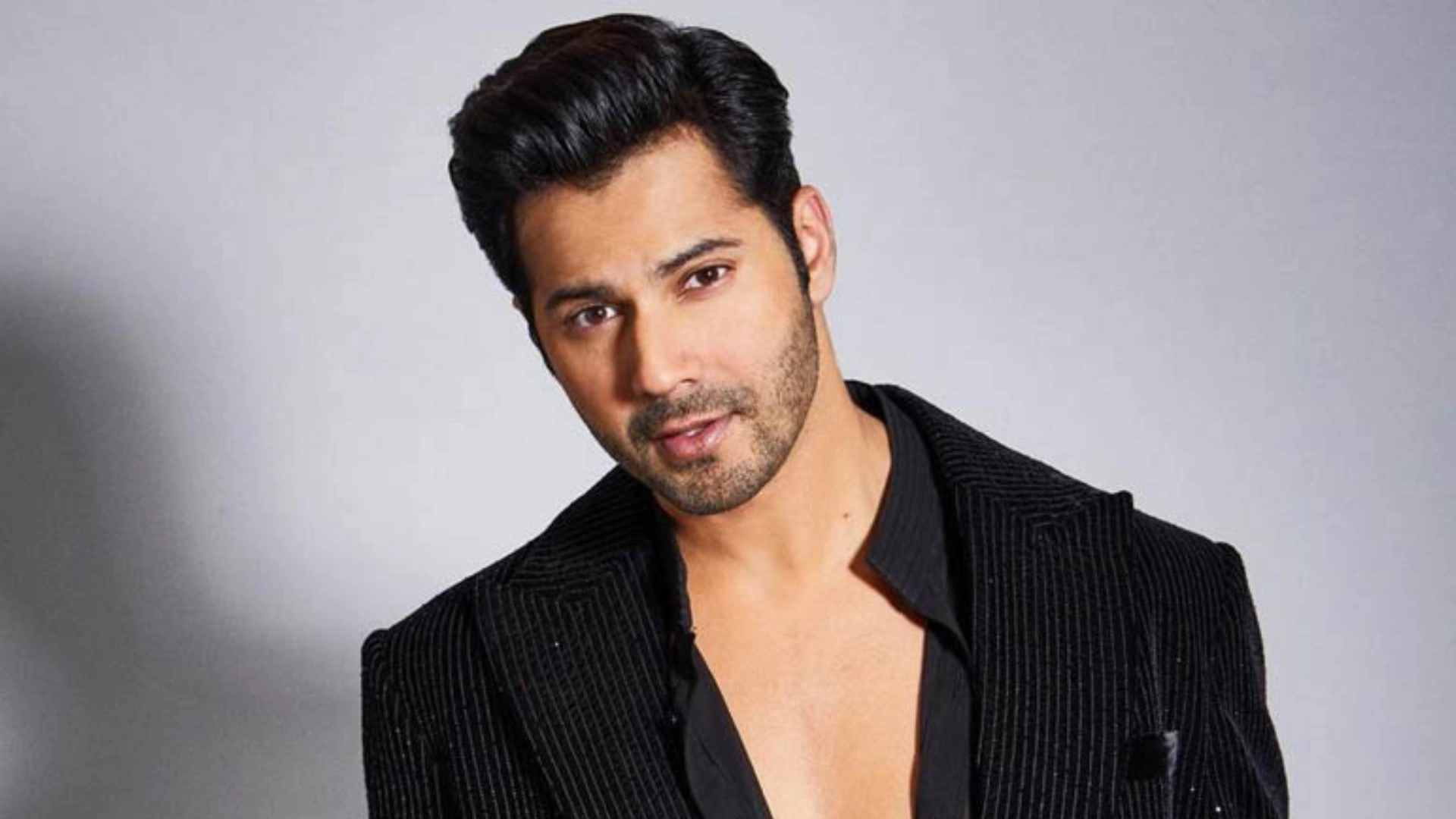President-elect Donald Trump nominated retired Lieutenant General and former national security adviser Keith Kellogg to be special envoy to Ukraine and Russia for his second administration. He is expected to assume an important role in negotiating efforts aimed at ending the war that has been in a stalemate between Russia and Ukraine, should both countries be willing to engage.
Trump has promised to end the war on his first day back in office, although he has not revealed concrete plans or strategies to accomplish this. Kellogg is known for his hard-line approach and has been an advocate for tough negotiations in order to achieve a solution to the conflict.
Strategy for Peace
Kellogg’s position on the Ukraine conflict has been made public in a paper he co-authored for the America First Policy Institute, a pro-Trump think tank. Published in April, the paper calls for a formal U.S. policy focused on seeking a ceasefire and a negotiated settlement between Ukraine and Russia.
The plan stipulates that American assistance to Ukraine should depend on Kyiv’s intention to enter into peace talks with Moscow. At the same time, it advocates that if Russia declines to enter negotiations, then the United States should raise its aid for Ukraine. Kellogg also suggested that the U.S. delay Ukraine’s NATO membership for a much longer period to make Russia engage in negotiations.
Such an approach could be useful to shape a “long-term security architecture” for the country’s defense, according to the paper authors Kellogg and Fred Fleitz, a co-author and another former Trump National Security Council staffer.
Kellogg’s Conversation with Trump
After presenting the plan to Trump, Kellogg spoke publicly about the feedback that was received. In an interview with Reuters in June, Kellogg said, “I’m not claiming he agreed with it or agreed with every word of it, but we were pleased to get the feedback we did.” It remains unknown how much of this approach will be used by Trump personally, but the dialogue heralds the start of potentially changing U.S. policies on the war.
Ukraine’s Diplomatic Position on Trump
Though Kyiv has not publicly supported any particular plan under Trump’s leadership, Ukraine’s former Foreign Minister Dmytro Kuleba recently said that he approved of Trump’s general position. In an interview with the BBC, Kuleba said, “He’s taken a very smart approach by having clearly said that the purpose is to end the war but not having said how.” Kuleba made it clear that Trump will operate on the principle of “strength and resolve.”
“President Trump will undoubtedly be driven by one goal, to project his strength, his leadership,” Kuleba said. “And show that he is capable of fixing problems which his predecessor failed to fix.”
Conversations with Zelensky and Putin
Since his election victory, Trump has reportedly spoken with Ukrainian President Volodymyr Zelensky, who wished him well over the victory. According to one source in Ukraine’s presidential office, the call lasted about half an hour and there was no discussion of matters related to the war.
It has also been reported that Trump has spoken to Russian President Vladimir Putin. In the course of their conversation, Trump implored Putin not to escalate the war in Ukraine, reminding him of “Washington’s sizeable military presence in Europe,” according to the Washington Post. After the call, Putin congratulated Trump and expressed interest in his willingness to “restore relations with Russia” and help end the Ukrainian crisis. The Kremlin has also embraced Trump’s bold declaration that he could end the war in 24 hours, although they are looking for more detailed policy plans.
Senate Confirmation Process
Kellogg’s appointment as special envoy to Ukraine and Russia will have to go through Senate confirmation before taking effect. As the U.S. prepares for a new phase in its foreign policy, the world waits with bated breath to see how these developments will pan out.
ALSO READ: Donald Trump Picks Jay Bhattacharya To Be the Next Director Of NIH

















